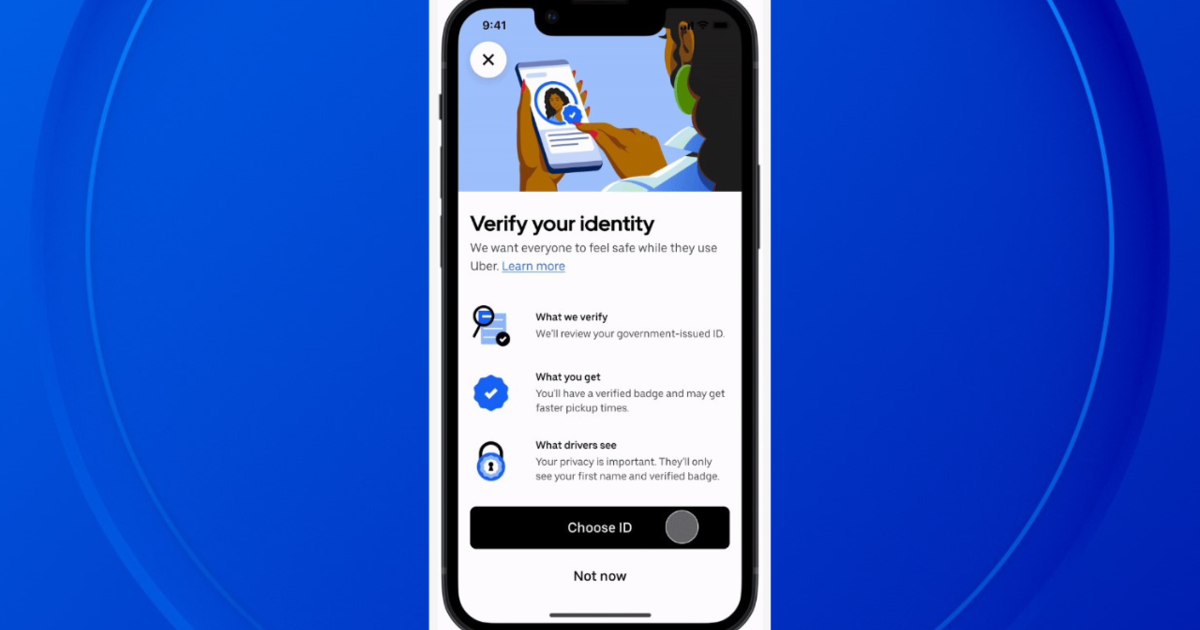Should You Keep A Gun In The House?
By Lori Melton
Owning a gun is a basic American right. However, determining whether or not it's right for you to own and keep a gun at home is a loaded question. A burglar wouldn't want to stare down the barrel of a gun, and it can offer homeowners protection against intruders. But, having a gun in your home also carries many risks, including accidental shootings in which innocent people are harmed and in some case, killed.
Overall, choosing to keep a gun in your house is a very personal decision. If you do decide it's best for you to own a gun, there are very important training and safety considerations to follow, especially if you have children or teenagers at home.
Important Questions
Asking yourself these important questions may help you decide if owning and keeping a gun in your home is right for you. If any of your answers present safety challenges, then you should not keep a gun on the premises.
- Are my personal safety and security concerns validated by a high crime rate in my local surroundings?
- Are there significant risk factors like drug and/or alcohol abuse or mental illness present in my home?
- Do adults besides myself support keeping a gun in the house?
- Does anyone in my home battle emotional instability, anger, or other temperament issues?
- Can I and will I institute proper safety measures for gun handling, use, and store to protect children at home?
- Will other adults with access to the gun attend proper safety and training courses with me?
Get Properly Trained
Anyone who owns a gun, whether for safety or for sport, needs to be properly trained in its use. The National Rifle Association (NRA) offers extensive, expert training on the safe and ethical use of firearms for sport and personal safety. Per their official website, they train over 1 million people across the country each year in safe, responsible shooting.
For example, they offer a four-hour, non-shooting, Certified NRA Home Firearm Safety Training Course that teaches students knowledge and skills for safely handling and storing firearms and ammunition at home. They also offer pistol and rifle shooting courses and an eight-hour, Basic Personal Protection in the Home course, which teaches the safe and efficient use of a handgun for family and self-protection.
Visit the NRA's website to find out more about education and training and to find certified courses near you.
Child Safety Awareness and Education
It is imperative for you to educate your children about gun safety if you keep a gun in your home. For example, make sure if they find a gun, they know to STOP and NEVER touch it, leave it alone and go tell an adult. Also, NEVER touch a gun, even if they think it looks like a toy.
The National Shooting Sports Foundation (NSSF) has a Project ChildSafe website and program to help educate everyone in your family about gun safety. They also have a Project ChildSafe Pledge to sign that helps ensure they are aware of these rules and other gun safety guidelines.
Safety Considerations
While a gun might be your first line of defense against intruders, it is critical to remember a handgun is a lethal weapon. Therefore, keeping a gun in your home carries a huge responsibility to keep yourself and your family (especially kids and teens) safe from accidental gun-related injury or death.
Below are some important gun safety rules to follow when keeping a gun in your house.
- NEVER keep a gun loaded until it is ready to be used. If you don't know how to open the chamber to see if the gun is loaded, don't attempt to do so. Leave the gun alone and ask a knowledgeable person for help.
- When holding a firearm, ALWAYS keep it pointed in a safe direction. This means keep the gun's muzzle pointed so that even if the gun accidentally fired, it would not result in injury.
- ALWAYS keep your finger OFF the trigger, until you are ready to fire. When holding a firearm, keep your finger along the side of the gun or outside of the trigger guard.
- Learn about your gun before you use it. Get to know the parts, what they do, and how they work. The best way to do this is to take a certified gun safety course, as listed above.
- Keep a gun locked, with secure trigger and cable locking mechanisms. Per the NRA, the safest way to store a gun is inside a well-hidden lock box or gun safe. Keep the lock box or safe well-hidden from young people and from being discovered by an intruder.
- Keep your ammunition locked away in a separate location from the gun
- ALWAYS double-check and make sure a gun is NOT LOADED before you lock and store it away.



